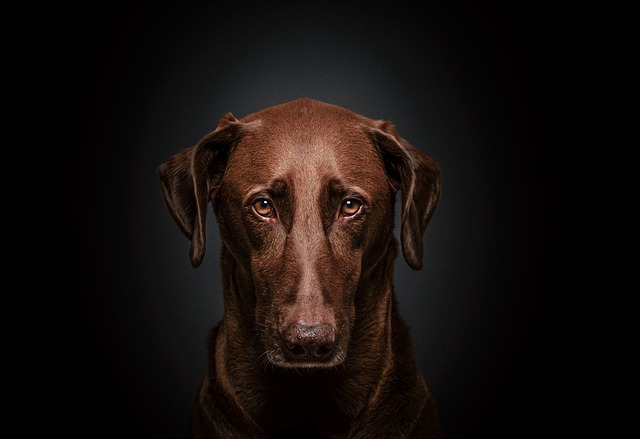
How to guide your dog to urinate and defecate outside?
Puppy pads scattered across the kitchen, a surprise pile behind the couch, the frantic scramble to clean before guests arrive—house-training struggles feel universal.
It’s a familiar morning scene for many new dog owners: you walk into the kitchen to find your pup’s nose buried in the trash can, cereal boxes torn open and banana peels scattered across the floor. Not only is this messy, but it’s risky—bits of chocolate, plastic wrap, or spoiled food can harm your dog. Understanding why they do it is the first step to putting an end to the habit.
Dogs rummage through trash for simple reasons: curiosity, hunger, or boredom. To them, that can by the sink is a treasure trove of interesting smells—last night’s pasta sauce, a discarded bone, even the faint scent of your dinner. Puppies, especially, explore the world with their mouths, and a trash can feels like a fun puzzle to solve. For some dogs, it’s also a way to get attention, even if that attention means a quick “no.”
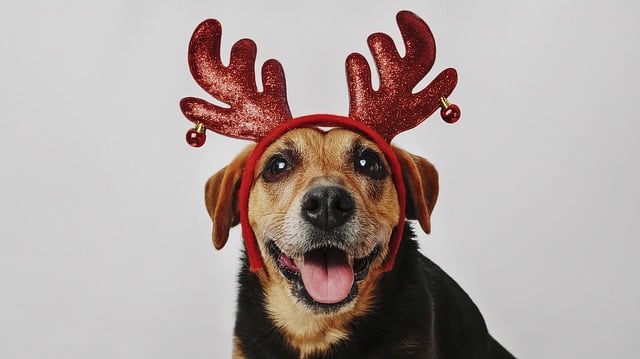 Start by making the trash can less accessible. In apartments, where space is tight, tuck it under the sink with a childproof lock or place it in a cabinet. A heavy, lidded can with a tight seal works wonders—many pet owners swear by models that open with a foot pedal, keeping noses out. If your dog is tall, try elevating the can on a sturdy shelf; just make sure it’s stable enough to avoid tipping.
Start by making the trash can less accessible. In apartments, where space is tight, tuck it under the sink with a childproof lock or place it in a cabinet. A heavy, lidded can with a tight seal works wonders—many pet owners swear by models that open with a foot pedal, keeping noses out. If your dog is tall, try elevating the can on a sturdy shelf; just make sure it’s stable enough to avoid tipping.
Next, redirect that energy. Boredom often drives trash raids, so keep your pup occupied with puzzle toys stuffed with treats or a Kong filled with peanut butter. A 15-minute play session before you leave the house can burn off steam, making them less likely to hunt for trouble. When you catch them near the trash but not touching it, praise them softly and offer a small reward—this teaches them that ignoring the can gets positive attention.
Remember, patience matters more than scolding. Yelling or tapping their nose won’t stop the behavior; it might even make them anxious, leading to more sneaky rummaging. Instead, stay consistent with your setup and rewards. And don’t forget the basics: keeping up with vet visits (including required vaccines) and cleaning up after them on walks shows good community manners—key for being a responsible pet owner, whether in a suburban home or a city apartment.
With time, your dog will learn that the trash can isn’t worth exploring. Until then, a little preparation and lots of positive reinforcement will turn those messy mornings into calm, clean ones.

Puppy pads scattered across the kitchen, a surprise pile behind the couch, the frantic scramble to clean before guests arrive—house-training struggles feel universal.
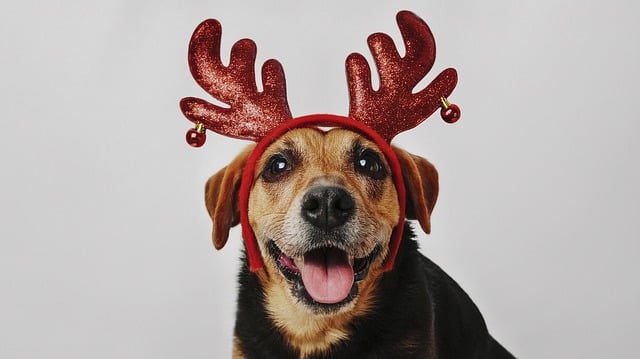
It’s a familiar morning scene for many new dog owners: you walk into the kitchen to find your pup’s nose buried in the trash can, cereal boxes torn open and banana peels scattered across the floor.
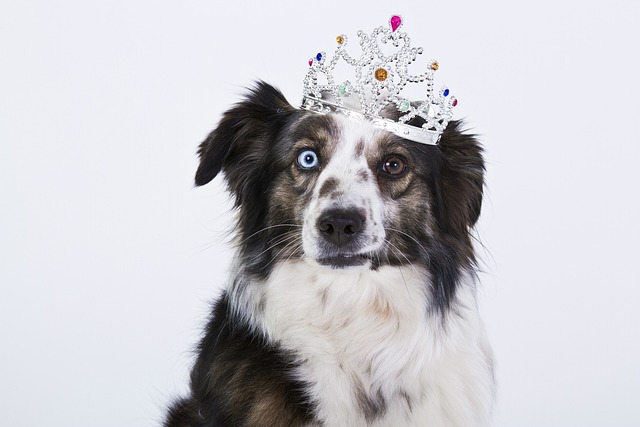
Watching a tiny Yorkie or Chihuahua dart toward the door instead of squatting on the rug feels like a win—but getting there takes time, and every pup moves at their own pace.
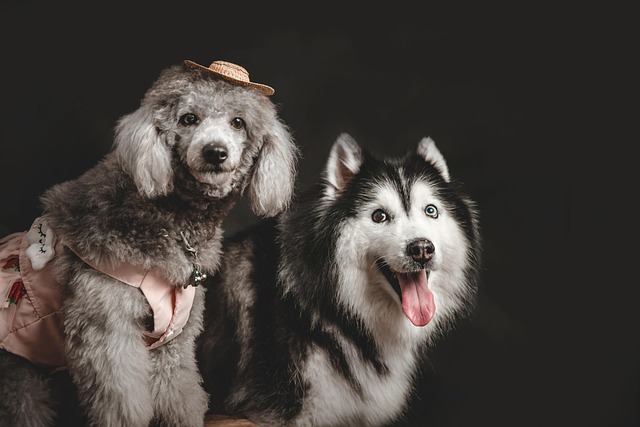
Puppies have tiny bladders, and when you live in an apartment with no yard or during harsh winters that make outdoor trips tricky, indoor potty training becomes a necessity.
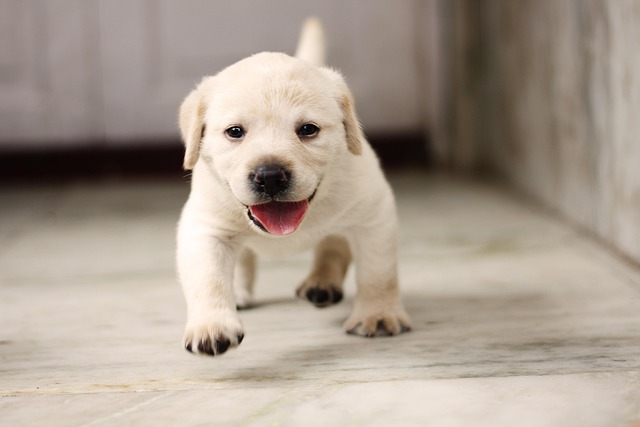
Many new dog parents see agility videos—dogs zipping through tunnels, leaping over hurdles—and think, “We could never do that at home.”
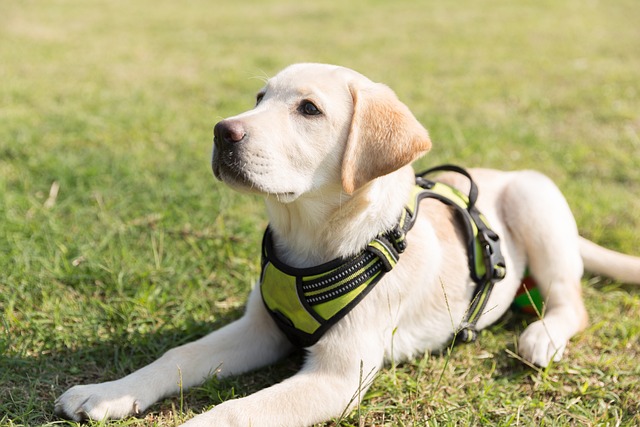
Ever called your dog in the park, only for Fido to pretend he’s suddenly deaf? Or struggled to get him off the sofa when guests arrive? You’re not alone.